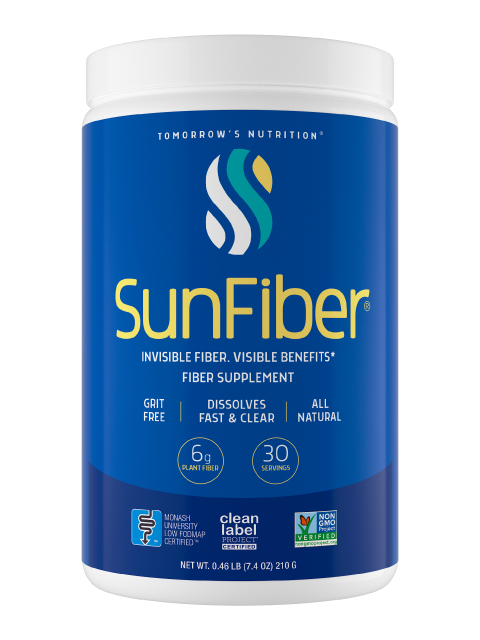Passing gas is normal and expected. Men experience flatulence an average of 14 times per day. Women tend to expel a little less but are more likely to struggle with bloating. There are ways to help minimize the discomfort and embarrassment. Knowing which foods and habits may cause gas is the first step.
Gas and bloating are caused by air trapped in the GI tract
You often swallow air while eating or drinking. The bacteria in your gut also produce gas while digesting what you’ve consumed. Both are a normal part of the digestion process.
Some habits may cause more gas than usual
Most people swallow more air than normal if they are eating fast. Slow down and enjoy your meal. Take smaller bites and chew more. Drinking with a straw also delivers more air into your digestive tract. You should also stop chewing gum. It’s another way we introduce air into our digestive system.
Some foods cause more gas than others
Beans and raw veggies such as cauliflower, cabbage and bok choy are well known for their tendency to cause gas. That’s because they contain indigestible carbohydrates such as raffinose and stachyose. The bacteria in our gut break down these carbs for us, producing gas in the process. It is possible to give your body some help digesting these nutrient-rich foods. Cook your veggies and soak your beans before you cook them if gas and bloating are an issue.
For many, these aren’t the only foods that cause gas or bloating. Check out our guide to FODMAPs to learn about other common culprits, such as apples, onions and milk.
Gas and fiber
Some fiber supplements are high in FODMAPs, a category of short-chain carbohydrates that may trigger gas in people who are sensitive to them. Fiber supplements containing inulin, GOS, wheat dextrin and IMOs, are all ingredients which should be avoided by those looking to reduce FODMAPs in their diet.
Battle gas and bloating by supporting your gut health
Because bloating is often associated with an imbalance of good and bad bacteria in your gut, promoting the growth of the good guys may also help. You can do this by boosting your soluble fiber intake. It acts as food for the beneficial bacteria, helping them thrive. Each scoop of Sunfiber provides 6 grams of good-for-your-gut fiber.
Bonus: It’s gentle on your gut and won’t cause uncomfortable side effects unlike some of those other fiber supplements. Get your daily fiber without additional excess gas by choosing Sunfiber.




0 Comments